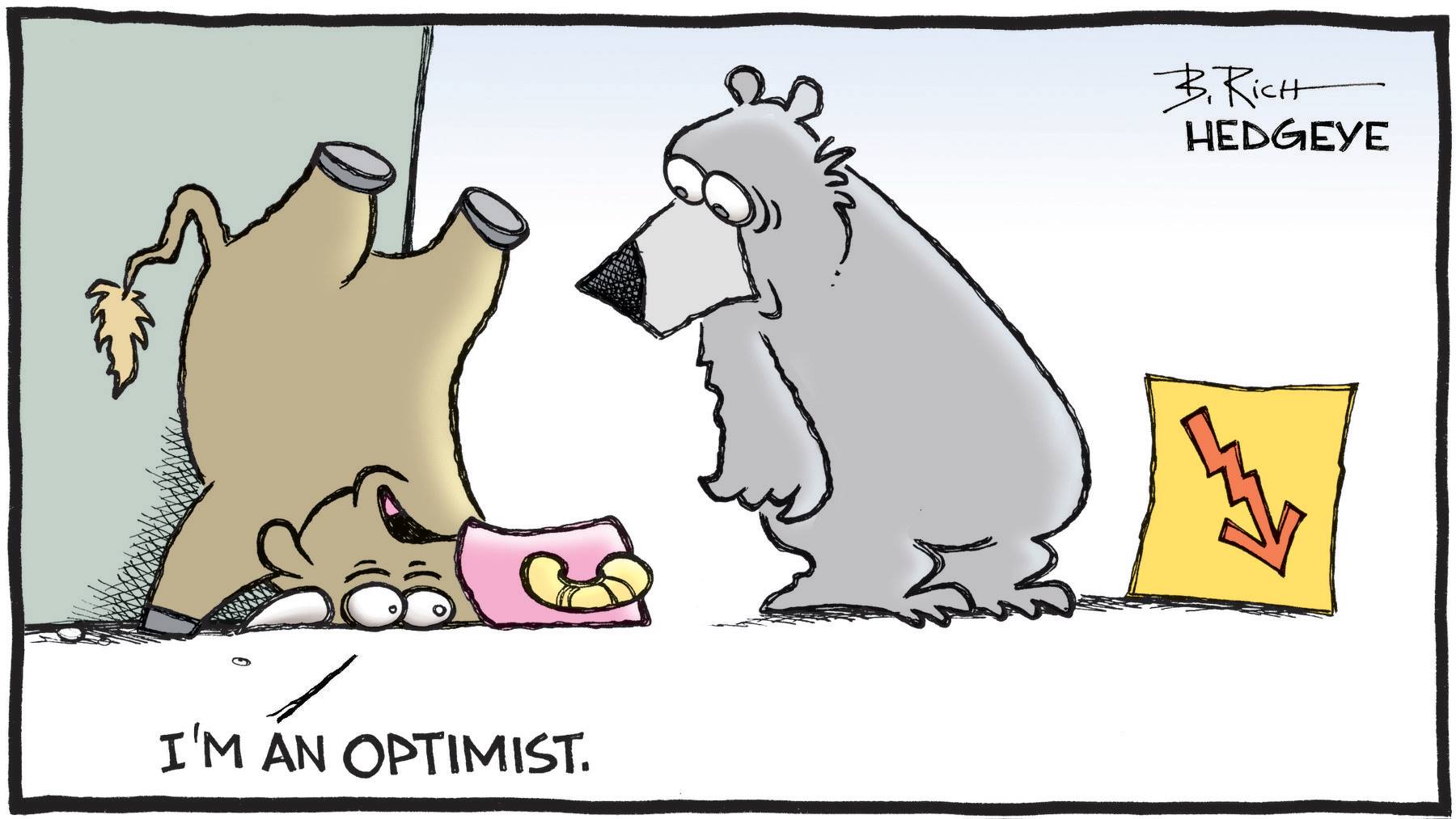Businesses purchase insurance for vehicles, property, liability, and employees, among others. Workers’ compensation insurance is mandated by law, but most other coverages are purchased regardless. Actuarial data on historical loss trends is prevalent, but less reliable for extrapolation, for the following reasons:
- Coverages tend to be relatively less standardized (particularly as size of business increases)
- Deviation amongst businesses and exposures (i.e., widget manufacturers versus oil drillers versus banks, etc.)
- History of coverage (i.e., cyber insurance is a relatively new product)
Certain types of claims, such as vehicle insurance, can be settled quickly, while others, like medical malpractice, typically require a much longer period of time. Therefore, carried reserves on commercial insurers’ balance sheets tend to have greater variability. Additionally, given the lengthy claim payout patterns of several lines, insurers earn more of their return on the investment of premiums collected. Investment portfolios tend to be invested conservatively, but relatively more aggressively than the portfolios of personal lines insurers, both in terms of duration, diversification, and credit risk. Regulators and ratings agencies take these attributes into account and assign relatively higher capital requirements for commercial lines than personal lines.
Our team has a favorable opinion of this sector, but we are relatively selective and opportunistic.
We are generally more skeptical about carried reserves, and tend to discount even our own reserve analysis, respecting the limitations of the exercise and variations in product, customer, etc. The companies in this sector also tend to purchase reinsurance for hurricanes and earthquakes, but tail risk remains from unknown catastrophes (asbestos litigation, terrorist attacks, pandemics, et al). The relative unpredictability in claims and reserves yields a business cycle with greater variance.
We tend to prefer investing in “Main Street” business insurance providers.
In general, the smaller the business insured, the greater standardization amongst terms/coverages/pricing and the lesser tail risk for unknown catastrophes. Policies purchased also tend to be for only the most basic of coverages (property/liability/workers compensation) and provide lower limits of coverage. In some cases, one could argue that Main Street business insurance can be somewhat similar to personal lines insurance, and many of our longest-term investments in this subsector fit this description.
Everyone uses insurance, but few people realize how attractive these companies can be from an investment standpoint.
Source: Prospector Partners
Disclosure: The discussion of individual companies should not be considered a recommendation of such companies by the Fund's investment adviser.
12641787-UFD-4/14/2021









